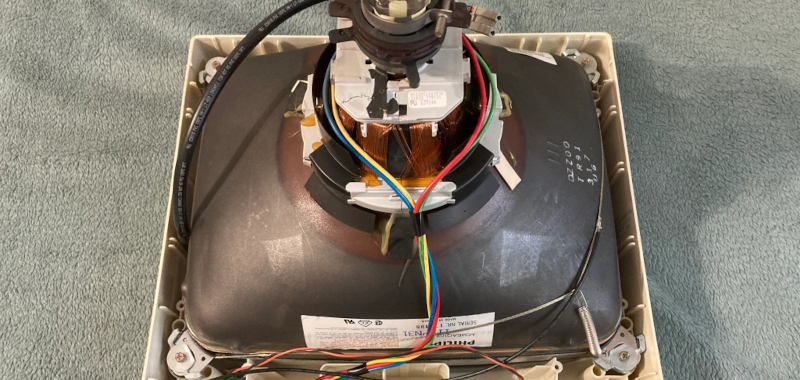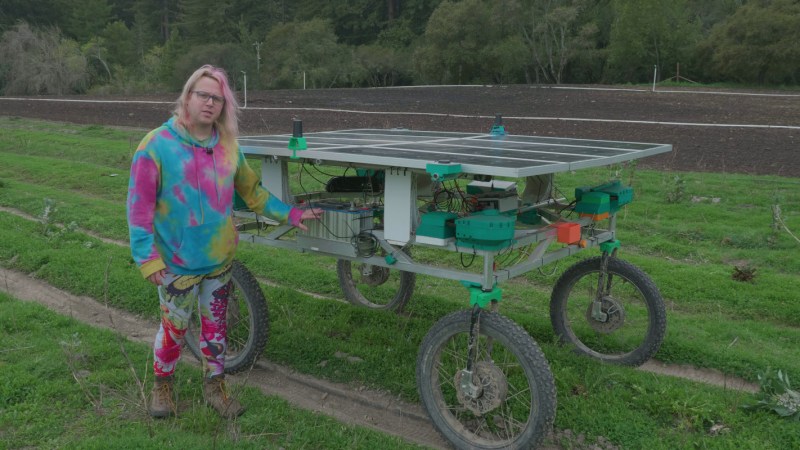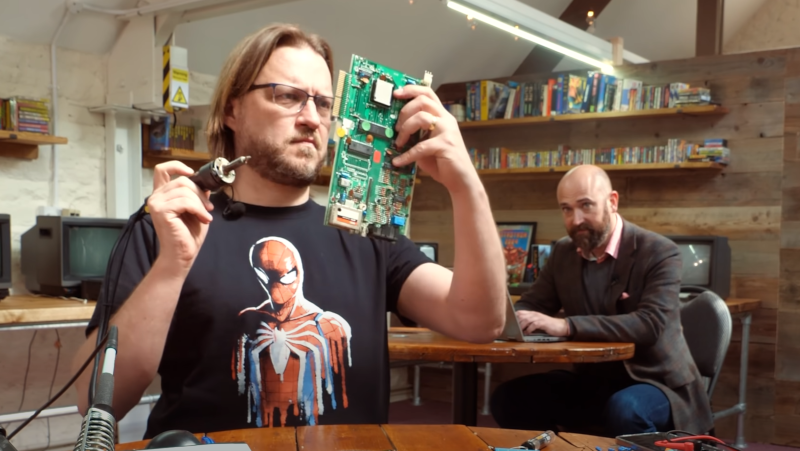Have you ever wondered how many, for example, Commodore 64s it would take to equal the processing power in your current PC? This site might not really answer that, but it does show that your machine can easily duplicate all the old 8-bit computers from Commodore, Sinclair, Acorn, and others. By our count, there are 86 emulators on the page, although many of those are a host machine running a particular application such as Forth or Digger.
If you are in the US, you might not recognize all the references to the KC85, this was an East German computer based …read more
Continue reading Little Emulators Do 8 Bits At A Time→



